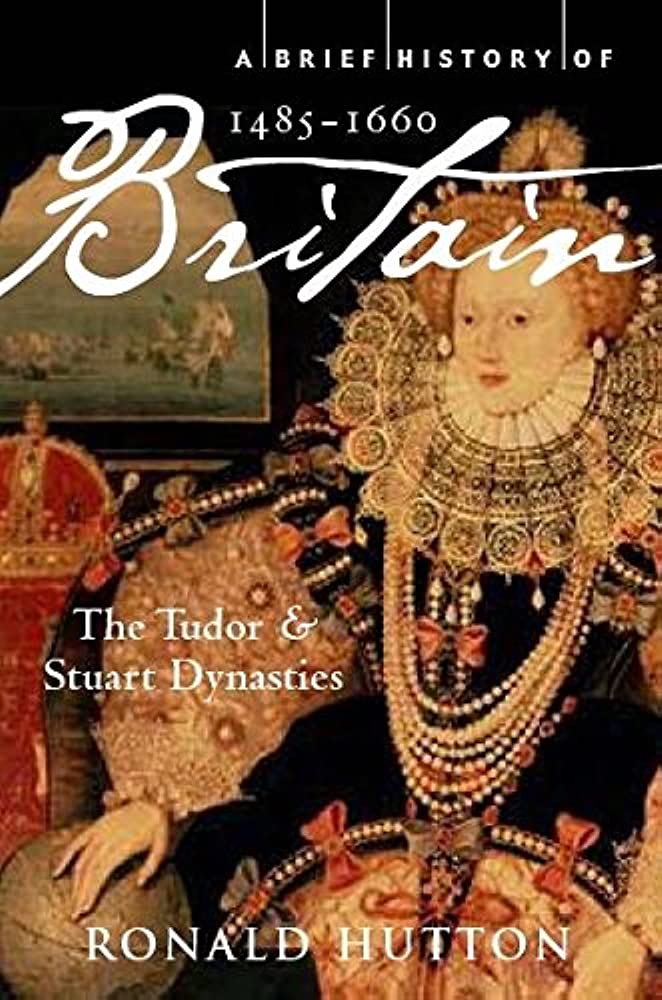The Tudor and Stuart dynasties were two important periods in English history. The Tudors brought about a Golden Age of arts and literature and expanded England’s naval power, while the Stuarts were characterized by political turmoil, religious conflicts, and civil war. The Tudors were more successful in their foreign policy and economic growth, while the Stuarts were weakened by conflicts with France and Spain. The differences between these two dynasties illustrate the significant impact of the monarchs and their policies on the direction of the nation.
The Tudors vs. the Stuarts: Comparing Two Great Dynasties in English History
English history is full of dynasties that have shaped the nation’s culture, politics, and economy over the centuries. Two of the most prominent dynasties that shaped England’s history are the Tudors and the Stuarts. These two dynasties ruled the nation for over 200 years.
The Tudors: A Golden Age for England
The Tudor dynasty began in 1485 when Henry Tudor defeated Richard III in the Battle of Bosworth Field. The dynasty ended in 1603 with the death of Elizabeth I. The Tudor dynasty is most famous for its most prominent monarchs, particularly Henry VIII and Elizabeth I.
During the Tudor period, England experienced a Golden Age in the arts and literature. The works of William Shakespeare, Christopher Marlowe, and Ben Jonson, among others, rose to prominence during the Tudor Era. The Tudors’ patronage of the arts and literature helped turn England into a cultural hub of Europe.
Under Elizabeth I’s reign, England grew more prosperous, and her policies led to economic growth. Elizabeth I’s era is known for its naval expansion, which helped establish England as a global superpower.
The Stuarts: Turmoil and Civil War
The Stuart dynasty began when James VI of Scotland became James I of England in 1603. The dynasty ended when James II was overthrown during the Glorious Revolution in 1688. The Stuart period is characterized by political turmoil, religious conflict, and the English Civil War.
The Stuarts were known for their belief in the divine right of kings. This belief that the monarchs were chosen by God led to conflicts with Parliament, which represented the people. This led to the English Civil War, which was fought between the royalists, who supported the monarchy, and the Parliamentarians.
The Stuart period also saw religious conflicts, particularly between the Catholics and the Protestants. This led to the Gunpowder Plot in 1605, which aimed to blow up King James I and the Houses of Parliament.
Comparing the Two Dynasties
While both the Tudors and the Stuarts were important dynasties in English history, there are significant differences between them. The Tudor dynasty is known for its Golden Age in arts and literature, while the Stuart period was characterized by political conflicts and civil war.
Another significant difference is their approach to religion. The Tudors were Protestants, whereas the Stuarts were Catholics. This led to religious conflicts that shook the nation, leading to civil war and political instability.
The Tudors were also more successful in their foreign policy. Henry VIII’s navy defeated the Spanish Armada, establishing England as a naval superpower. Elizabeth I’s policies helped England expand overseas and colonize new territories. The Stuarts, on the other hand, were embroiled in conflicts with France and Spain, which weakened the nation’s economy and military power.
Conclusion
In conclusion, the Tudors and the Stuarts were two great dynasties that shaped English history. The Tudor dynasty is known for its Golden Age in arts and literature and its naval expansion. The Stuarts, on the other hand, were embroiled in political conflicts, and their approach to religion caused conflicts that shook the nation to its core. While both dynasties were important, their differences highlight the extent to which the monarchs and their policies shape the direction of the nation.
